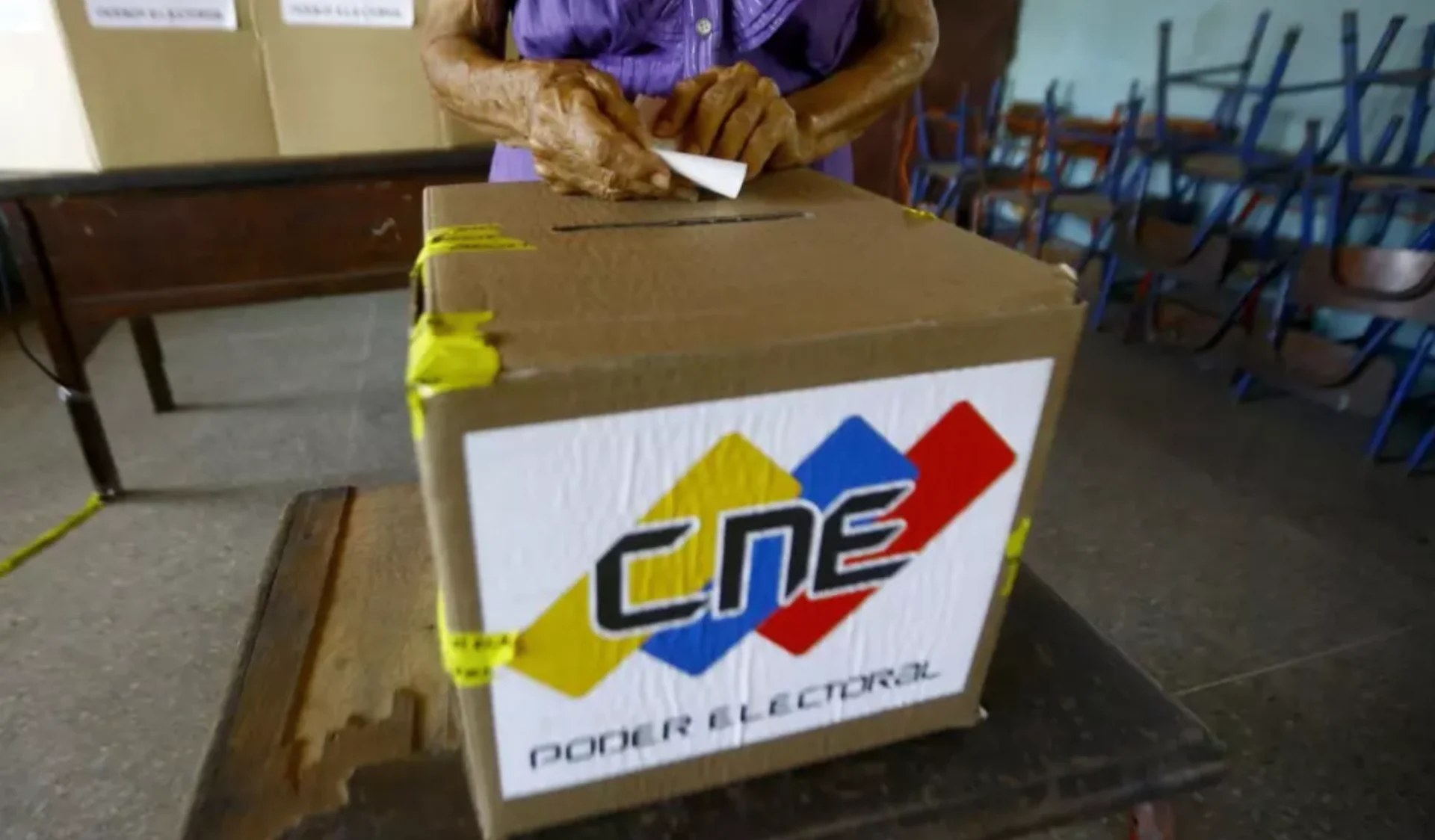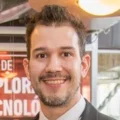The National Electoral Council (CNE) of Venezuela has committed massive fraud by announcing false results to declare Nicolás Maduro the winner, even though the elected candidate was the opposition’s Edmundo González, with more than twice the votes of Maduro, according to the tally sheets collected by the opposition, which represented 83.5% of the total nationwide
To try to legitimize a fraudulent process, the CNE and the Ministry of Foreign Affairs invited hundreds of members of social movements, civil associations and parties aligned with the United Socialist Party of Venezuela (PSUV) as “observers,” “watchdogs,” or “international companions,” even though they had no training for such a role.
According to the Declaration of Principles for International Election Observation, international election observation is “the systematic, comprehensive and accurate gathering of information concerning the laws, processes and institutions related to the conduct of elections and other factors concerning the overall electoral environment; the impartial and professional analysis of such information; and the drawing of conclusions about the character of electoral processes based on the highest standards for accuracy of information and impartiality of analysis.”
However, the majority of participants in the “Electoral Companions” program organized by the Venezuelan government had no training in electoral observation, nor did they intend to. They were openly sympathetic to the government and supported the re-election of Nicolás Maduro.
Many of them traveled to Caracas to participate in the event 2nd World Social Alternative: The peoples’ organization is a key factor for self-determination, organized by the Bolivarian Alliance for the Peoples of Our America – Peoples’ Trade Treaty (ALBA-TCP) and held days before the elections.
Many of these individuals were active on social media before, during and after election day, claiming that the elections met democratic standards, although reports from Venezuelan civil society and organizations like Transparencia Electoral warned of irregularities in the process.
According to the European Platform for Democratic Elections, fake election observation is “a form of political activity carried out by international actors and aimed at promoting the interests of politicians and political forces by imitating credible election monitoring during electoral processes” with the goal of covering up electoral fraud before national and international audiences, legitimizing electoral processes deemed illegitimate by the international community, delegitimizing and weakening the institution of free and fair elections and subverting and/or relativizing the results of credible election observation.
The fake electoral observers who traveled to Venezuela use their networks of influence to support the CNE’s massive fraud and disregard the will of the Venezuelan people. Even though the electoral authority has not presented the tally sheets from more than 30,000 voting tables—a step that should have occurred within the first 48 hours after the election—the fake observers claim that the results announced by the CNE are accurate and that the tally sheets collected by the opposition are false.
An example is the statement from nearly 50 Spanish “observers” who traveled to Venezuela, many of which came from left-wing parties like Sumar, Podemos and EH Bildu. In the statement they affirmed “support for the legitimacy, transparency and integrity of the Venezuelan electoral process organized by the National Electoral Council, which resulted in the re-election of President Nicolás Maduro.” This was despite the fact that the results by voting table were not published, the audits of the computer system were suspended, or that the opposition published 83% of the tally sheets clearly showing Edmundo González’s victory.
Another case is the Consejo de Expertos Electorales de Latinoamérica (CEELA), an organization created with Venezuelan state funds in 2004 to validate its elections. Unlike the case of activists from movements and parties aligned with Chavismo, CEELA was intended to provide a technical appearance to fake electoral observation. The organization is supported by former electoral authorities from countries in the region, led by Nicanor Moscoso, who was president of the Electoral Litigation Tribunal of Ecuador.
CEELA’s history includes, for example, a report validating the election of Venezuela’s National Constituent Assembly in 2017. In the report, the Council concluded that “the electoral process for the election of the members of the 2017 National Constituent Assembly of the Bolivarian Republic of Venezuela complied with international standards and national legislation and was carried out satisfactorily,” even though the company providing the technology for the automated voting system, Smartmatic, issued a statement, denouncing that the results were manipulated.
This time, CEELA has also fulfilled its role in legitimizing irregular or fraudulent elections. Instead of demanding that the CNE publish the tally sheets used to announce the results, as, for example, the Carter Center did, Nicanor Moscoso stated that it is the opposition that must prove there was fraud.
Another CEELA member, Eugenio Chicas, former president of El Salvador’s Supreme Electoral Tribunal, declared that “the opposition is a bit emboldened because they haven’t had a bad vote count; at 80% of the tally, they’ve received more than 4.4 million votes, which is 44% and with such a bad candidate as the one they had and a divided opposition on the ballot, that’s actually an excellent vote count.”
This type of statement—which includes political analysis and even disqualifies the opposition candidate—makes it clear that they are not impartial observers but political agents who seek, under the guise of electoral observation, to legitimize fraudulent results.
The work of these fake observers contributes to the prolongation of the conflict, which has resulted in at least 24 deaths and more than a thousand detentions (over 100 of them minors) and deprives the country of the possibility of a transition to democracy.












